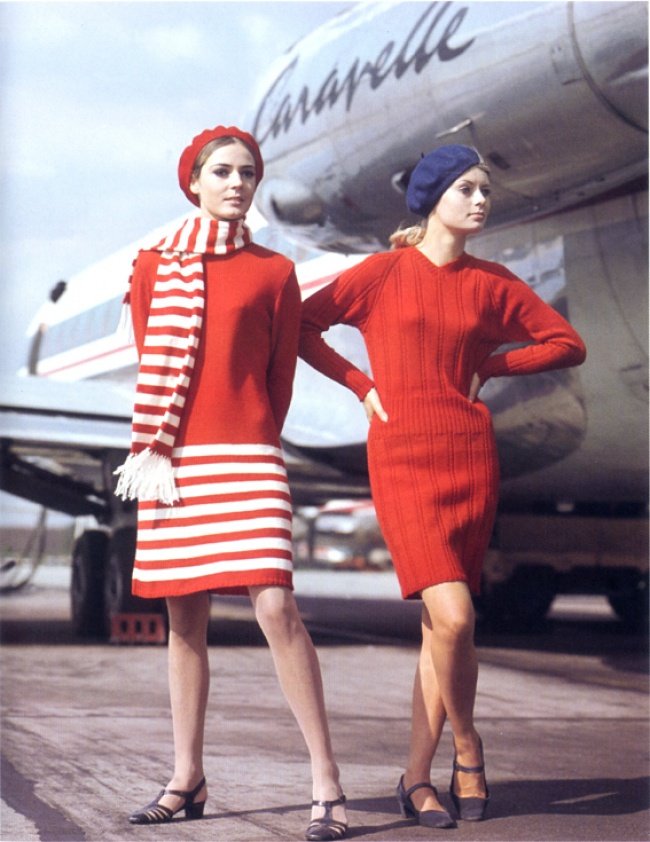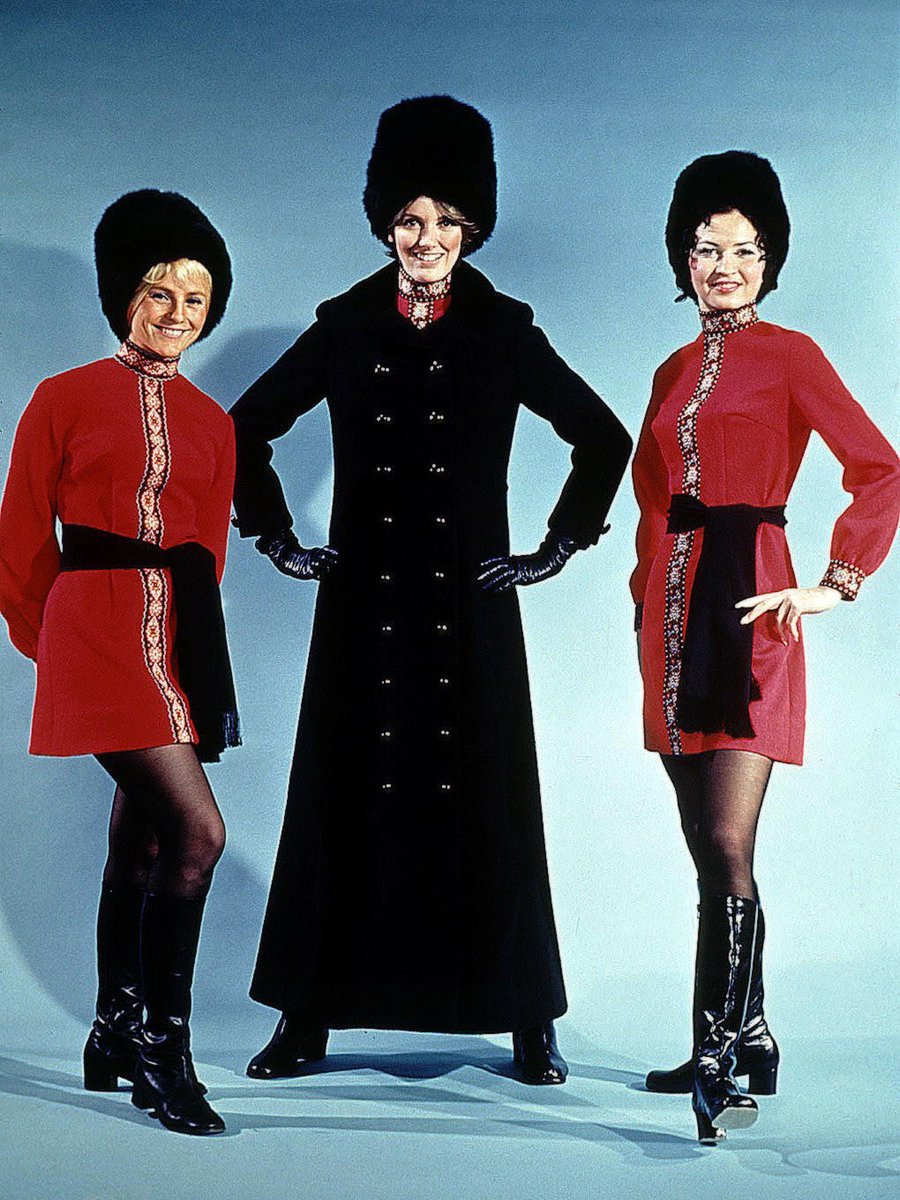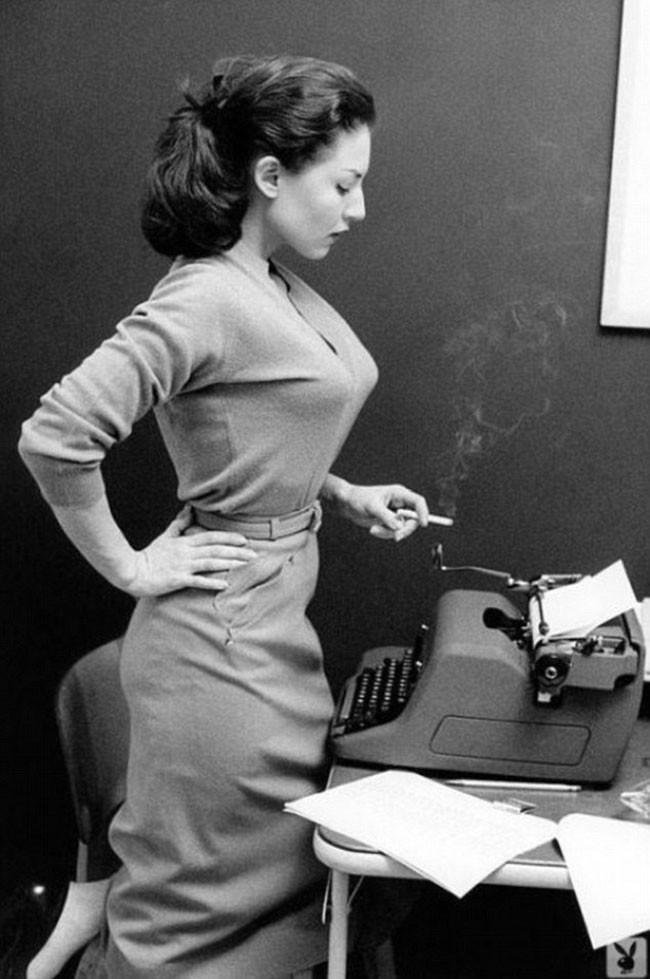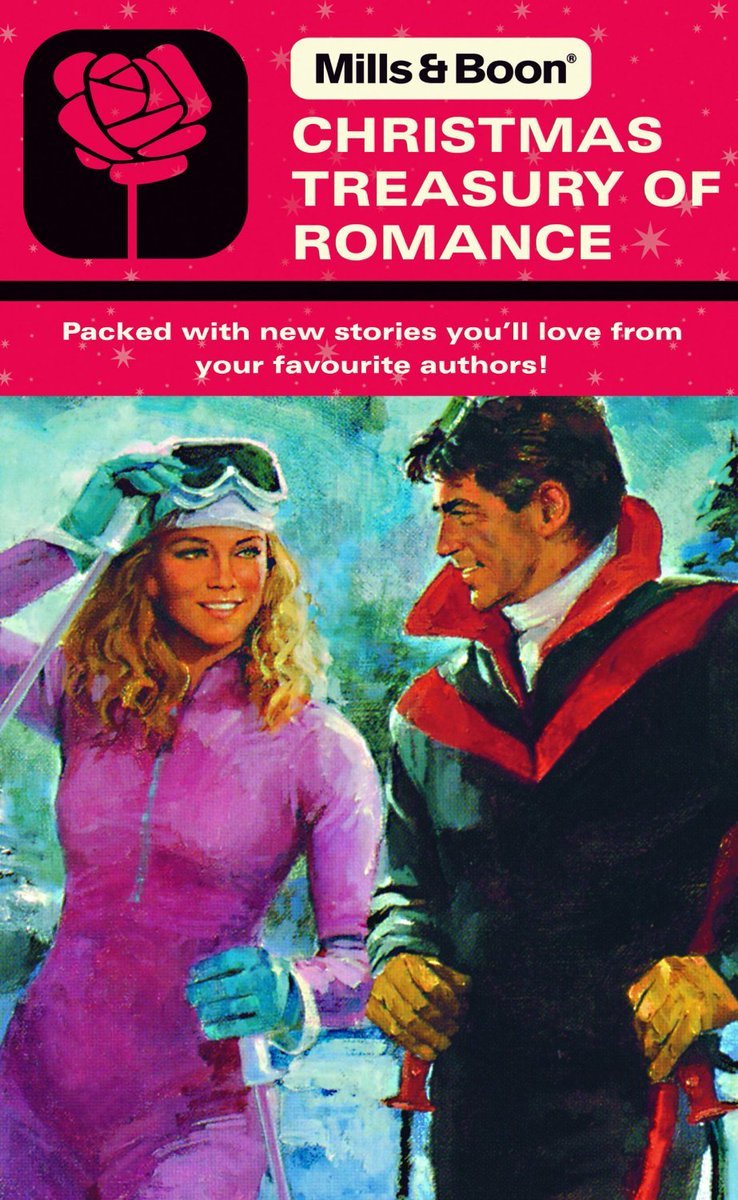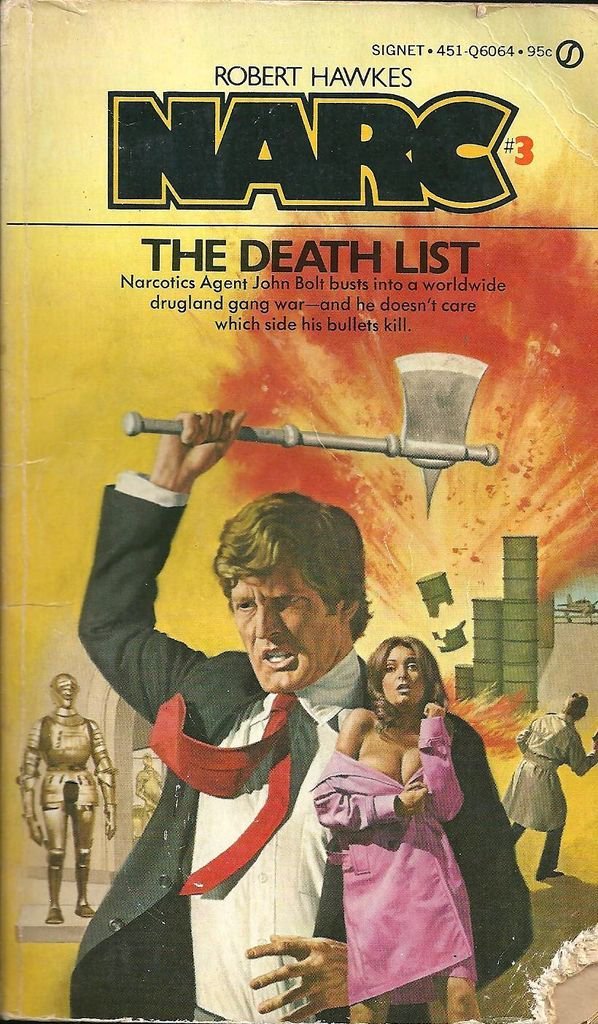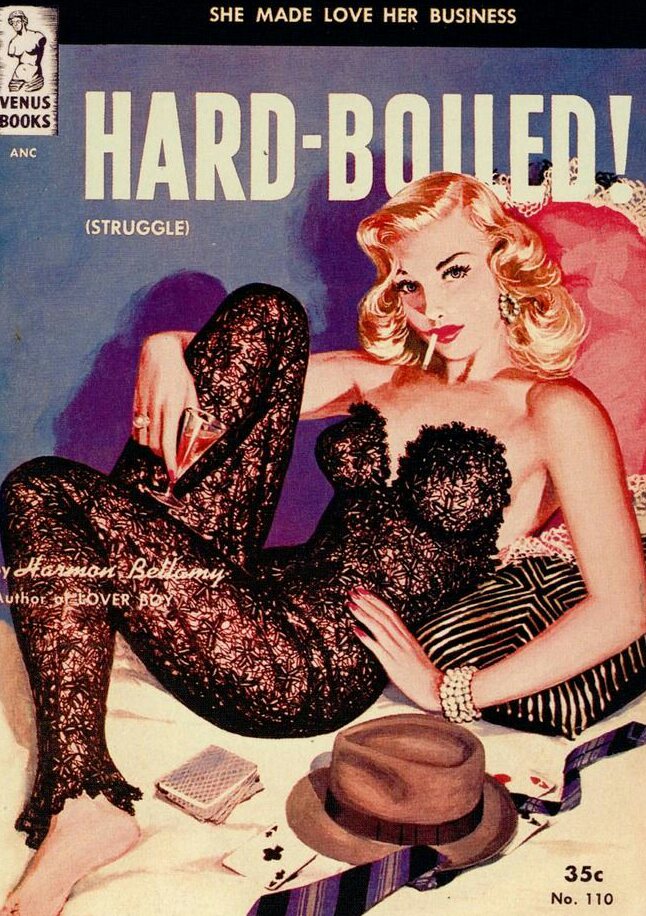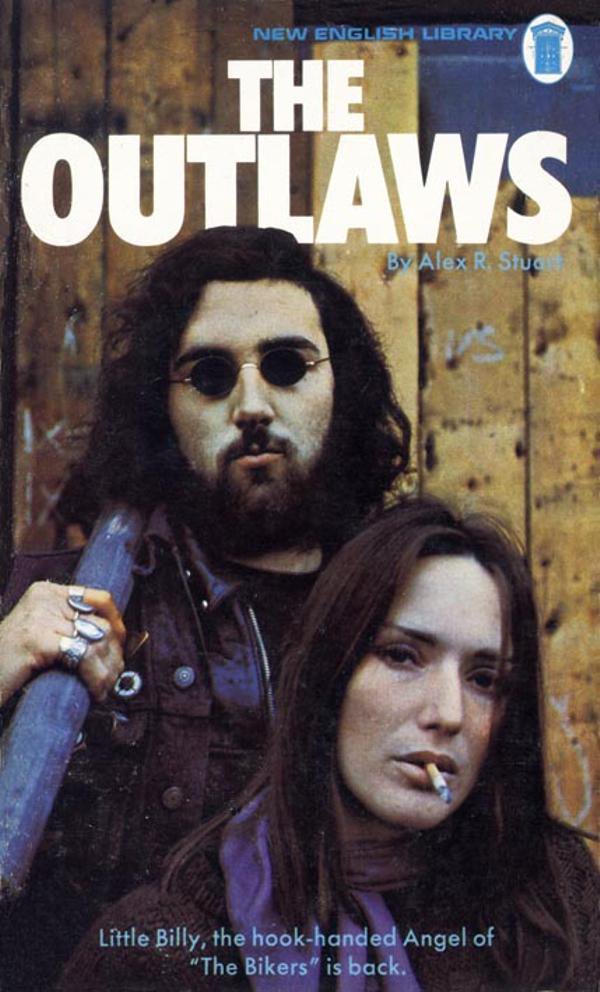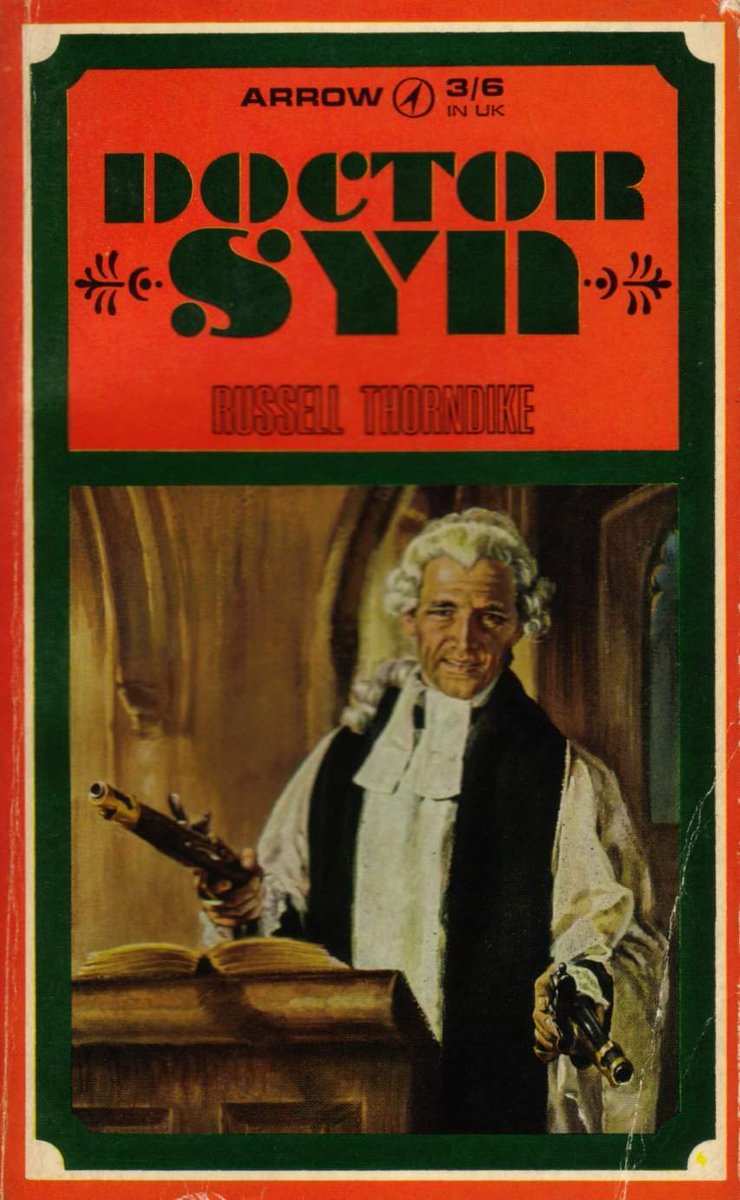Time for a pulp countdown now, and today it's my top 10 funky flight attendant uniforms!
This thread may involve go-go boots...
This thread may involve go-go boots...

At #8: Southwest Airlines! Here we can see cabin crew explaining to the confused CEO which way the sky is. 

At #5: Transair! Mustard capes and soft felt top hats makes a trip with Transair feel like a night at the opera. A psychedelic opera, but there you go. 

• • •
Missing some Tweet in this thread? You can try to
force a refresh



